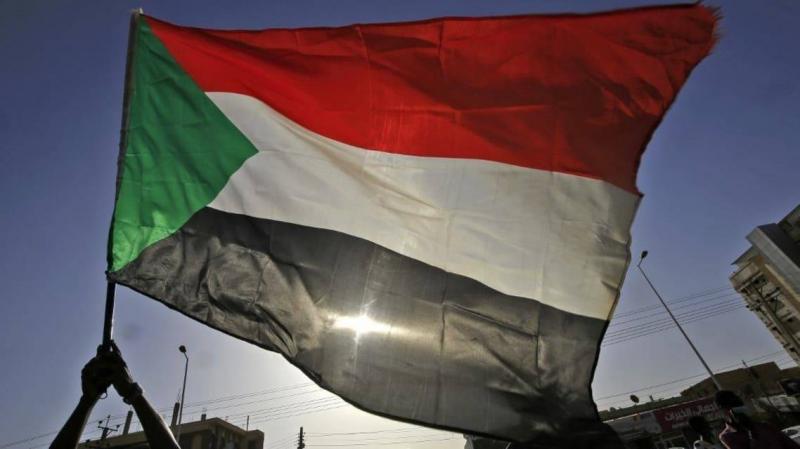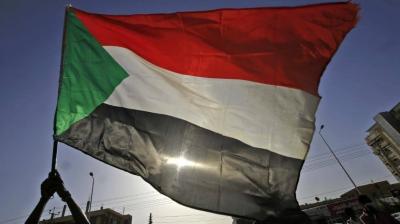Today, Thursday, protests will begin at noon in the Sudanese capital, Khartoum, and in several other states, coinciding with the anniversary of the October Revolution of 1964. "Al-Arabiya" reported that several political parties, professional bodies, and resistance committees announced plans for marches with varying goals and directions. The Sudanese army has closed the roads leading to the General Command ahead of today’s protests.
The initial calls for today’s protests were launched by the Central Council for Freedom and Change last Friday, urging the public to boycott the demonstrations organized by the Reform Group within the Forces of Freedom and Change. They called for protests on October 21 to demand that police and intelligence agencies be under civilian control, as well as respect for the constitutional document and the Juba Agreement for Peace in Sudan.
The official spokesman for the police, Major Idris Layman, urged citizens to maintain peace during the protests. He stated during an interview with "Al-Arabiya" and "Al-Hadath" on Wednesday that his forces are capable of managing the marches in case of any emergencies. He added that the right to protest is guaranteed for all according to the constitutional document, confirming that the police will act impartially and maintain neutrality.
The Minister of Cabinet Affairs, Khaled Omar Youssef, affiliated with the Central Council, announced his participation in today's protests, emphasizing that joining the march is a duty to preserve the gains of the revolution.
In contrast, the Reform Group within the Forces of Freedom and Change also called for participation and announced five routes leading to the vicinity of the presidential palace, which has been the site of a sit-in organized by the group since last Saturday. The Reform Group demands the dissolution of the government, an expansion of political participation, the formation of an independent government of competencies, the dismantling of the June 30 regime committee, the establishment of an anti-corruption commission, and the formation of a constitutional court and a transitional legislative council.
Meanwhile, the Sudanese Professionals Association stated that the conflict between the two groups revolves around dividing positions and privileges and serving external fronts, announcing a call for protests to break the partnership between the civilian and military components.
The resistance committees also exhibited varying goals and directions, with what is known as the Joint Room for Civilian Governance, which includes over 30 bodies, announcing protests today to achieve several demands, the most notable of which include: completing the comprehensive peace process, handing over authority to civilians, forming a revolutionary legislative council, delivering those wanted by the International Criminal Court, implementing security arrangements, transforming the investigation committee in the General Command massacre into an international committee, and holding accountable and dismissing the governor of the Darfur region, the Minister of Finance, the Director of the Sudanese Mineral Resources Company, and the representative of the central track in the Juba Agreement.
On the official level, the police leadership announced that forces are in a state of maximum readiness and have taken exceptional security measures for prisons in Khartoum State, especially at Kober Federal Prison, which houses supporters of the former regime. They affirmed that protests are a legitimate means of expression and constitutional entitlement, stressing that they will operate according to the law and implement it impartially without discrimination.
For his part, the Sudanese Attorney General announced the formation of a central room under his presidency to oversee and monitor the protection of marches and demonstrations set to take place today. His office revealed to "Al-Arabiya" and "Al-Hadath" that over 40 public prosecutors have been deployed in Khartoum State, in addition to directing heads of public prosecutions in other states to take all necessary measures to protect and secure the marches and demonstrations.




